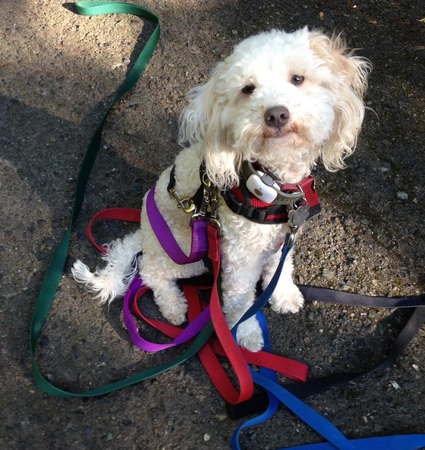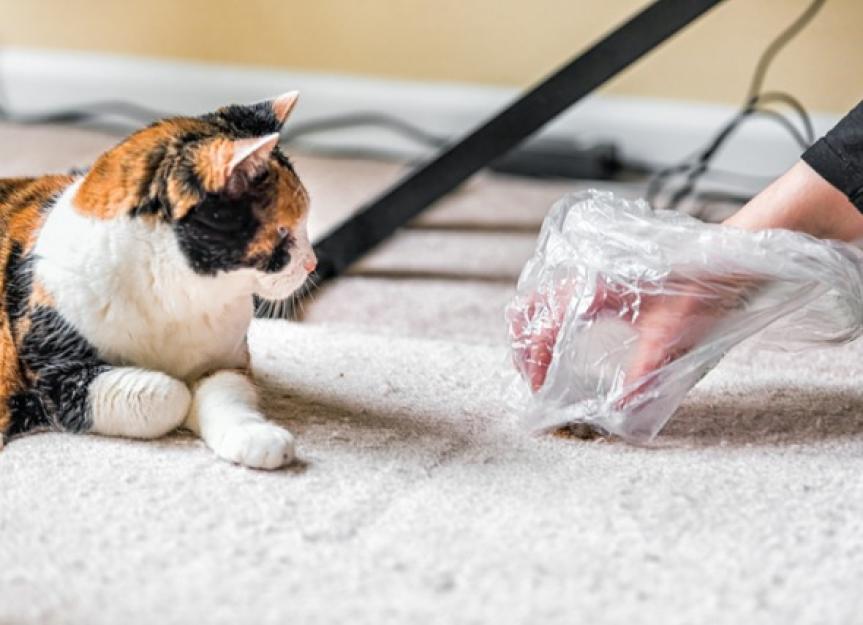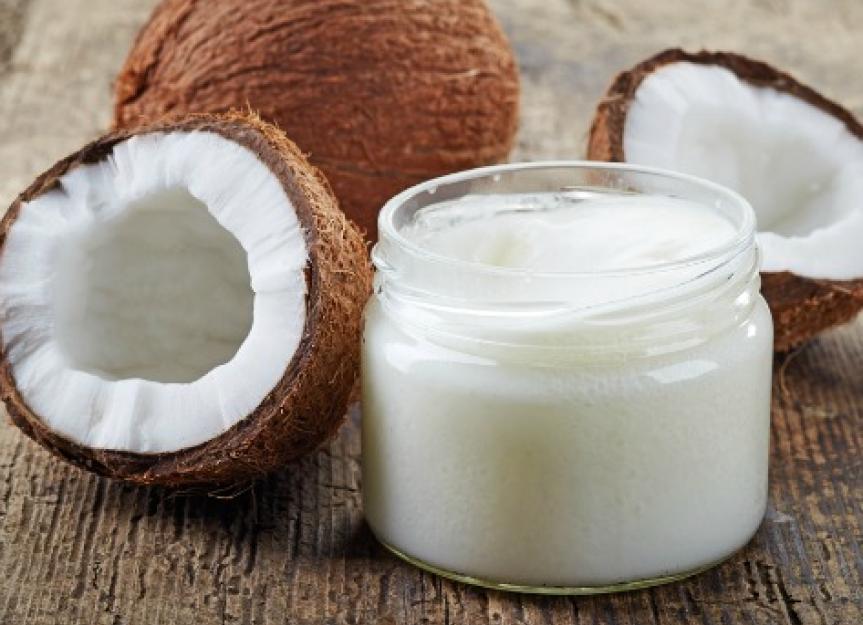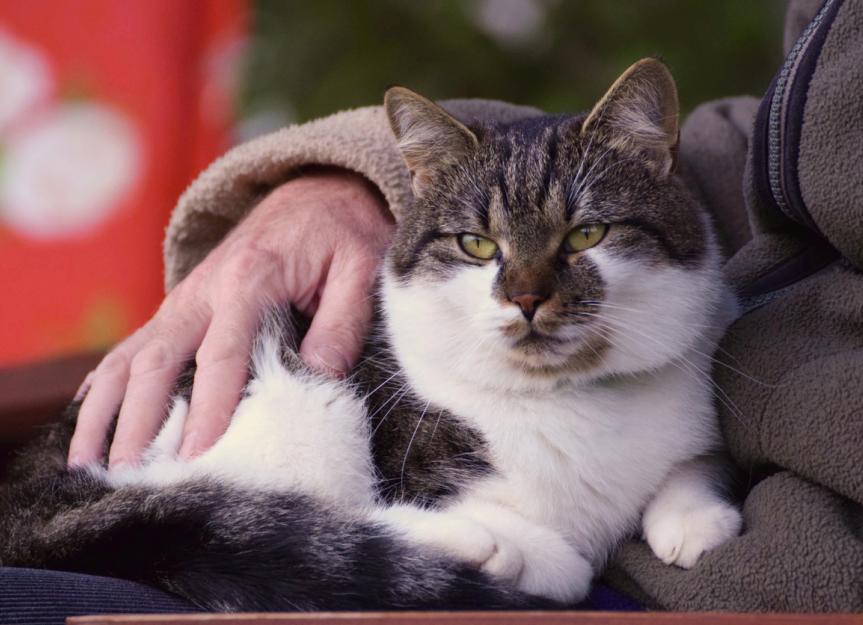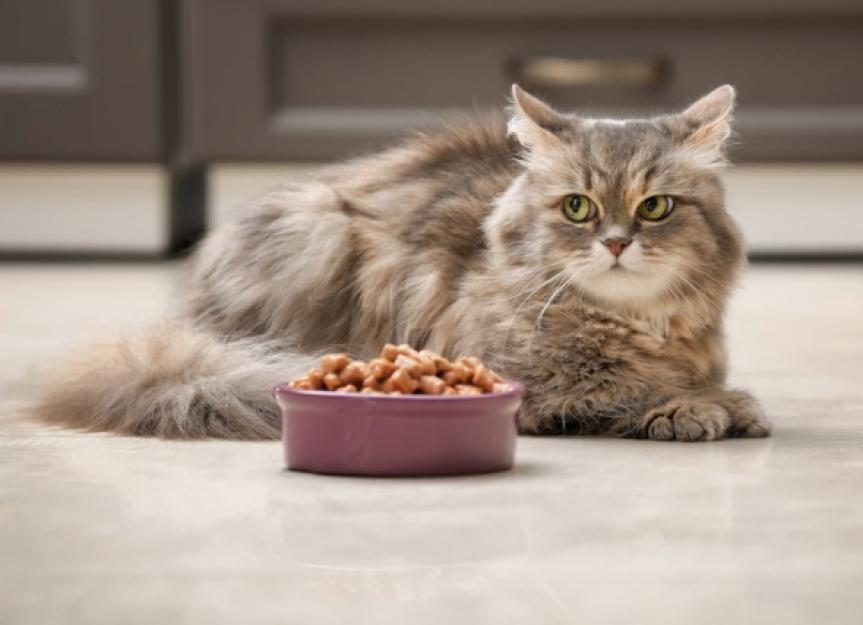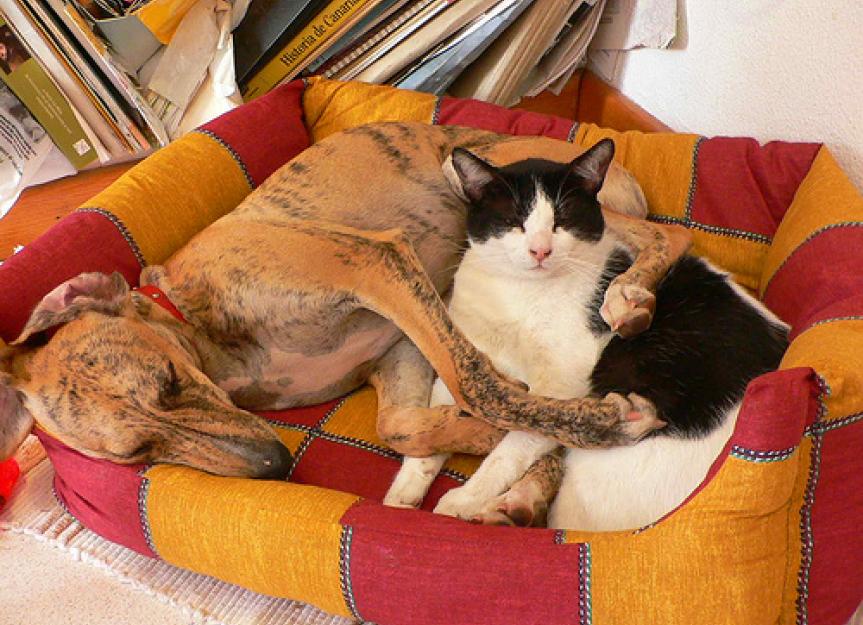- Sustainable Tails
- Posts
- Sustainable Tails
Sustainable Tails
Don't Lose Your Dog, Feline Hairballs, and Is Coconut Oil For Cats Healthy?
We are glad to have you back with us for this edition of Sustainable Tails! Pets are a part of our family, and we like to think they are a huge part of our family. We want them to be safe and happy, so we put together a few topics that may interest you. Helpful ideas to help your dog from becoming lost, how to prevent and what to do about those pesky feline hairballs, and what about coconut oil for cats? Is it healthy for them? We are looking at these topics this week. Enjoy!
Helpful Ideas To Help Your Dog From Becoming Lost

Losing a dog can be a terrifying experience, but there are several steps you can take to prevent it from happening and increase the chances of finding your furry friend if they do go missing.
Identification: Ensure your dog always wears a collar with an up-to-date ID tag that includes your contact information. Consider microchipping your dog as a permanent form of identification.
Supervision: Always supervise your dog when they are outdoors, especially in unfamiliar or unsecured areas. Use a leash or a secure fence to prevent them from wandering off.
Training: Teach your dog basic commands like "come" and "stay" to help keep them safe and under control when off-leash. Consider enrolling them in obedience classes to reinforce these behaviors.
Secure Environment: Make sure your home and yard are secure to prevent your dog from escaping. Check for gaps in fences or gates that could allow them to slip out.
Routine: Stick to a consistent routine for feeding, walks, and potty breaks. Dogs thrive on routine, and a predictable schedule can help prevent them from wandering off.
Monitoring Tools: Consider using GPS tracking devices or smart collars that can help you locate your dog if they become lost. These devices can provide real-time tracking and notifications if your dog leaves a designated area.
If your dog does go missing, act quickly and remain calm:
Search Immediately: Begin searching your neighborhood and surrounding areas immediately. Enlist the help of friends, family, and neighbors to cover more ground.
Contact Local Shelters and Vets: Notify local animal shelters, veterinary clinics, and animal control agencies. Provide them with a description and photo of your dog.
Use Social Media: Post on social media platforms, local community groups, and lost pet websites to spread the word about your missing dog. Include a recent photo and details about where and when they were last seen.
Flyers and Posters: Create and distribute flyers with your dog's photo, description, and your contact information. Post them in high-traffic areas and ask local businesses to display them.
Stay Positive: Keep hope alive and stay positive. Many lost dogs are reunited with their owners thanks to the efforts of a caring community.
Remaining calm and organized throughout the search process is essential. Stay in contact with local shelters and continue to actively search for your dog until they are safely reunited with you. With diligence, patience, and the support of your community, the chances of finding a lost dog are greatly increased.
Kitty Curiosities
Cats have played a crucial role in sleep research, particularly in the discovery of REM (rapid eye movement) sleep. In 1958, researcher William Dement identified REM sleep in cats, a finding that revolutionized the understanding of sleep patterns. Similar work by French physiologist Michael Jouvet really launched the deep dive of science into sleep study research. Cats' unique sleep behaviors, including REM sleep, have since provided valuable insights into the mechanisms of sleep and its importance for overall health in both felines and humans.
Feline Hairballs - The Why’s and What To Do’s

Cats are master self-groomers. Hairballs, those unpleasant clumps of fur that cats regurgitate (often smack dab in a well traveled part of your home), are a common issue for many cat owners. They occur when cats groom themselves, ingesting loose fur that forms into a ball in their stomachs. While occasional hairballs are normal and should mostly pass uneventfully right through their system directly into the litter box, frequent hairballs can indicate an underlying issue.
To prevent hairballs, regular grooming is key. Brushing your cat helps remove loose fur and reduces the amount ingested during grooming. Additionally, feeding your cat a high-fiber diet can help move fur through their digestive system. There are also hairball prevention treats and foods available that can aid in digestion and reduce hairball formation.
Please note that if your cat gets frequent hairballs, home treatment will not suffice. You should contact your vet for the persistent occurrences of hairballs to address the underlying condition causing them. However, if your cat does get the occasional hairball, there are several things you can do to help. Providing your cat with grass or catnip can help induce vomiting and expel the hairball. Specialized hairball remedies, available in gel or paste form, can also help lubricate the digestive tract and facilitate the passage of the hairball. In severe cases, a vet may need to intervene to remove a hairball that is causing a blockage.
While hairballs do occasionally occur in cats, there are steps you can take to prevent them and manage them when they happen. Regular grooming, a high-fiber diet, and hairball remedies can all help keep your cat happy and hairball-free.
Pet Poem Place
In a field of tulips bright and fair,
A doggy danced without a care.
His tail wagged in the sunny breeze,
Among the flowers, he found such ease.
With each step, the tulips swayed,
Their colors in the sun displayed.
He sniffed and snuffled, full of glee,
In this springtime jubilee.
Bounding through the tulip rows,
His joy and energy brightly glows.
A furry friend among the flowers,
Bringing smiles and happy hours.
In this scene of pure delight,
The doggy plays until twilight.
Among the tulips, he finds his play,
A joyful romp on a springtime day.
Is Coconut Oil For Cats Healthy?

Coconut oil has gained popularity as a natural remedy for various health issues in both humans and pets, including cats. When used appropriately, coconut oil can offer several health benefits for cats. One of the primary benefits of coconut oil for cats is its potential to improve skin and coat health. The medium-chain fatty acids in coconut oil have moisturizing properties that can help alleviate dry skin and reduce flakiness. Additionally, coconut oil contains lauric acid, which has antimicrobial properties and may help combat skin infections in cats.
Coconut oil is also believed to support digestive health in cats. The medium-chain fatty acids in coconut oil are easily digestible and can help promote better nutrient absorption. Some cat owners also use coconut oil as a dietary supplement to help manage hairballs and improve overall digestion.
When giving coconut oil to your cat, it's important to do so in moderation. Too much coconut oil can lead to gastrointestinal upset, including diarrhea and vomiting. Start with a small amount, such as 1/4 teaspoon per day, and gradually increase the dosage as tolerated by your cat. It's also important to choose a high-quality, organic, and unrefined coconut oil for your cat. Avoid coconut oil that contains additives or preservatives, as these can be harmful to your cat's health.
In conclusion, while coconut oil can offer several health benefits for cats, it should be used cautiously and in moderation. Consult with your veterinarian before introducing coconut oil into your cat's diet, especially if your cat has underlying health issues or is on medication.
Just For Fun
Well, that’s a wrap for this week. Please be sure to share this growing community of pet lovers from around the world with your friends and family. We send you an unobtrusive email once a week right to your mailbox. That’s all there is to it! We welcome any and all input from all of our subscribers. Send us topics you’d love to know more about, or just drop a line to say hello. There are exciting things coming as Sustainable Tails grows in popularity!
Sustainable Tails is dedicated to helping you create a harmonious and eco-friendly life for you and your pets. By embracing zero-waste and pet-friendly grooming products and sustainably exploring the outdoors together, you're not only enhancing the well-being of your furry companions but also contributing to a healthier planet.
Thank you for joining us on this weeks adventure. Continue to spread the word on what we are doing here, and always know your comments and participation in our community are welcomed with open paws. We’ll see you right here next week, so continue making sustainable choices and cherishing each and every day with your beloved pets!
Joshua McCarty
Founder, Sustainable Tails
P.S. Have a topic you’d like us to cover in our next newsletter? Share your ideas and questions with us. We’d love to hear from you!
P.P.S. Take a peek over at our partner website for an ever growing list of sustainable and eco-friendly pet supplies and accessories, as well as many other pet friendly products!
